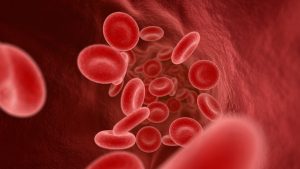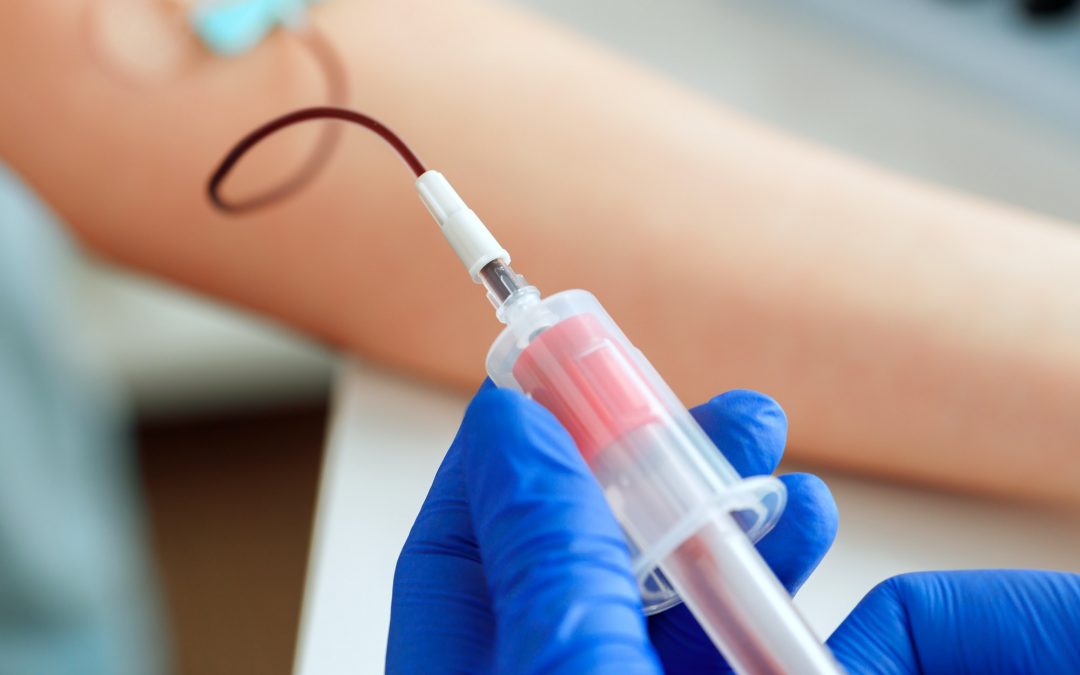If you have high cholesterol, your arteries are getting damaged. Learn about the different cholesterol risks and how to fight back.
Cholesterol is a necessary part of the human body, but too much LDL cholesterol can negatively impact your health. Various factors, like genetics and diet, can affect your levels and increase the risk of heart disease along the way.
High LDL cholesterol (the “bad” type) can cause atherosclerosis, a build-up of cholesterol plaque along your arterial walls. Moreover, this condition develops gradually over time, eventually boosting your risk of heart attack and stroke.
High Cholesterol and Atherosclerosis
 Healthy arteries have smooth and intact inner linings (endothelium) that make it easy for blood to circulate. However, injuries or diseases like diabetes, high blood pressure, and high cholesterol can damage the lining and result in atherosclerosis. For example, LDL carries fatty acids that become oxidized and, in turn, they injure your blood vessel walls.
Healthy arteries have smooth and intact inner linings (endothelium) that make it easy for blood to circulate. However, injuries or diseases like diabetes, high blood pressure, and high cholesterol can damage the lining and result in atherosclerosis. For example, LDL carries fatty acids that become oxidized and, in turn, they injure your blood vessel walls.
When white blood cells move into the injured linings, they transform into foam cells and accumulate fat and cholesterol. In addition, calcium collects, eventually creating thick plaques that harden the artery walls and reduce or block circulation.
How to Fight Back
While there is a “bad” type of cholesterol, there is also a “good” type of cholesterol: HDL cholesterol. HDL cholesterol can block the oxidation of LDL cholesterol and may even get rid of excess cholesterol in arterial walls.
However, the first step is knowing your cholesterol numbers and talking to your doctor about atherosclerosis before developing symptoms. Get a cholesterol test every three years before age 40 and annually after that if you want to stay on top of your health. For many people, the first symptom of atherosclerosis is sudden cardiac arrest, so it’s better not to risk your health.
Cholesterol Risks
There are various factors that affect your cholesterol levels and your risk of developing atherosclerosis. If you have high levels of LDL cholesterol in your blood, hypertension, or diabetes, you have a higher risk.
Furthermore, if you are overweight, are physically inactive, smoke, older, male, and have family history, your risk is also higher. Talk to your doctor about your risk of developing atherosclerosis and what you can do to prevent it before it’s too late.
The Outlook
 Having high cholesterol – specifically high LDL cholesterol – can put you at risk for atherosclerosis. In turn, atherosclerosis can be fatal if undetected, so talk to your doctor and get regular screenings as needed.
Having high cholesterol – specifically high LDL cholesterol – can put you at risk for atherosclerosis. In turn, atherosclerosis can be fatal if undetected, so talk to your doctor and get regular screenings as needed.
If you’re looking for ways to improve your circulation and boost your heart health, consider L-arginine Plus. Its ingredients promote nitric oxide production, a natural compound that relaxes blood vessels and improves blood flow. Try L-arginine Plus along with exercising and eating healthily if you want to give your circulation the support it needs.

